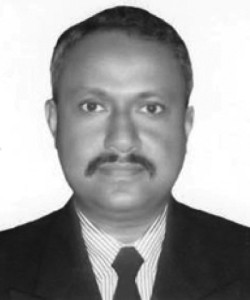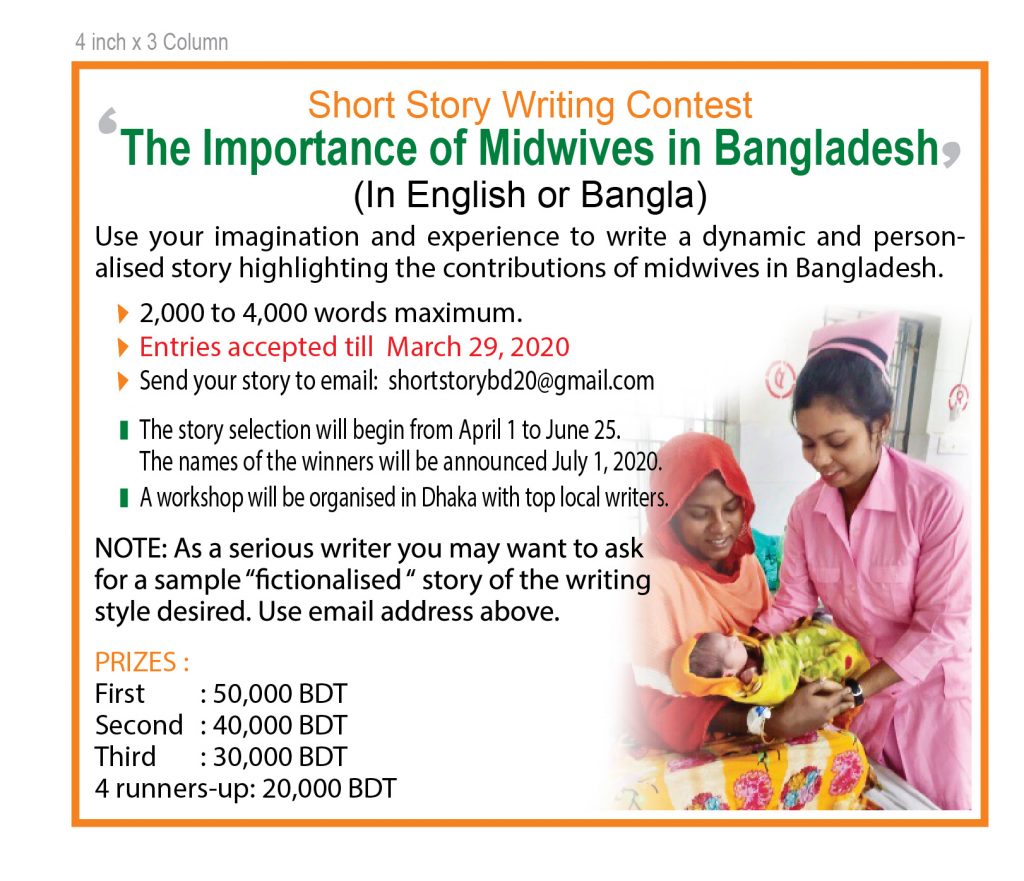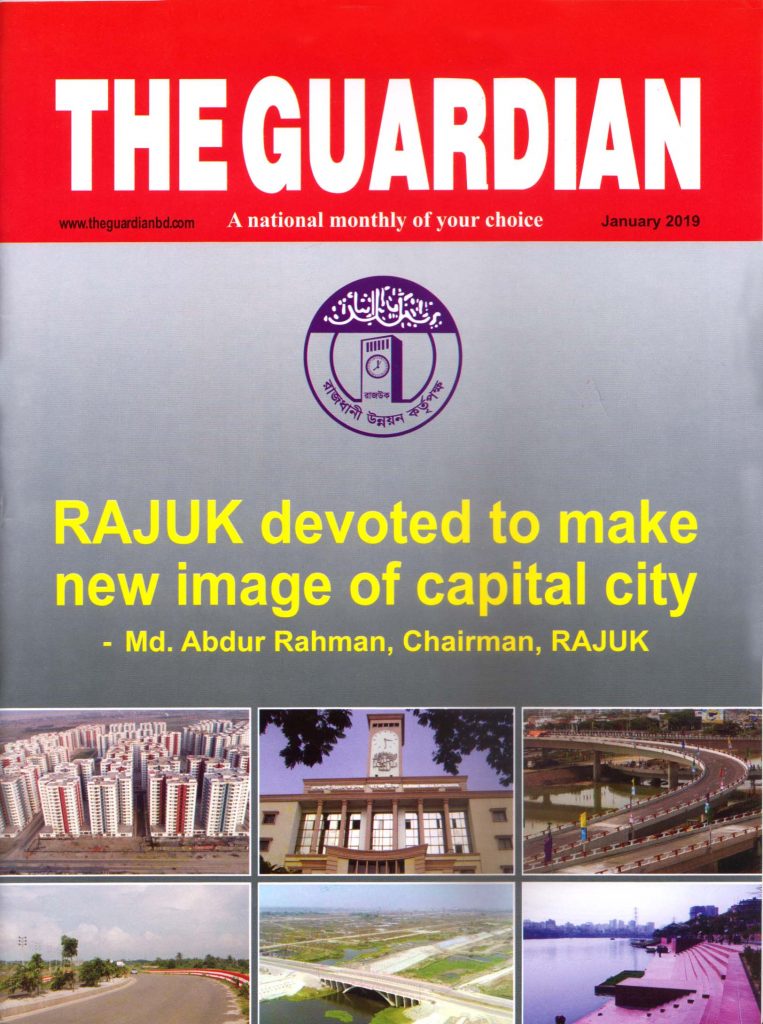Bangladesh is the proud country to have the 2nd largest (National University) and the 7th largest (Open University) out of all the universities in the World. This is on the basis of number of students’ enrollment where Indira Gandhi National Open University at New Delhi is at the top of the list. University of Dhaka is the oldest public university in our country which started operation in 1921 under the Dacca University Act 1920 of the Indian Legislative Council by British Raj. The 1st Vice Chancellor was Dr Philip Joseph Hartog under the Chancellor Lord Ronaldshay, the then Governor of Bengal. Public universities are usually established and run by individual parliamentary acts whereas private universities follow a common parliamentary act known as The Private Universities Act 2010.
The word ‘University’ is derived from Latin universitas magistrorum et scholarium (community of teachers and scholars) that signifies its scholastic and universal criterion and phenomena. An important idea in the definition of a university is the notion of academic freedom. The oldest university in the World still in operation since 1088 AD is The Bologna University of Italy though not-in-operation oldest is The Taxila University of 700 BC located at Punjub. Besides being a university itself, University Grants Commission (UGC) is the independent body that works as the Quality Assurance Authority for university education in Bangladesh, checking on standards and quality in our graduate and post-graduate level higher education.
There has been much criticism and controversial issues around public and private universities in Bangladesh. All the universities, both public and private in our country, are affiliated with the University Grants Commission, a commission created according to the Presidential Order (PO No 10 of 1973) of the Government of the People’s Republic of Bangladesh. The Education Trinity Concept of Student – Teacher – Guardian provides shared and varied responsibilities to these three entities for ensuring quality higher education in universities. We can definitely improve the condition of our universities’ education if our expectations and responsibilities match.
The synonyms for ‘student’ are learner, pupil, follower, mentee, apprentice, trainee etc and for ‘teacher’ are educator, guru, professor, lecturer, magister, mentor, trainer, tutor, instructor, guide, coach, etc. These synonymous words are self explanatory on students’ and teachers’ vested responsibilities and duties for ensuring quality of the precious education. Guardians’ role is like that of benevolent protectors, keepers, defenders, custodians etc who always remain alert on balancing expectations and results.
Education is the process of facilitating learning, or the acquisition of knowledge, skills, values, beliefs, and habits. Education can take place in formal or informal settings. Critical theorists of education and shadow education say, “If students fail to learn then teachers fail to teach”. Learning takes place in two forms: theoretical learning through sensory nerves and practical or vocational learning through motor nerves. The idea of explicit and implicit learning may guide teachers in preparing course curriculum and adopting the appropriate modus operandi of teaching. Epistemology (study of knowledge) and Mnemonics (study of memory) will dictate on pedagogical and andragogical approaches of teaching; whether a teacher takes the role of ‘a sage on the stage’ or ‘a guide by the side’.
Public universities are mostly financed by government through UGC whereas private universities depend on the tuition and other fees from students. Few private universities are found running without a vice-chancellor. Some private universities were issued a deadline of one year from the UGC of Bangladesh to improve quality of education. The UGC of Bangladesh recommended for shutting down of few private universities due to poor quality of academic standards. Some were served with show-cause notice by judicial authorities asking why it should not be closed down after written complaints were launched by responsible citizens. Some of these universities introduced new academic courses without UGC approval with other private universities. Others were found to deliver instructions in unauthorized courses and have illegal and substandard campuses.
Our private universities can be said to be in the infancy stage; it took a thousand years for Oxford University to reach in its present state which is the 2nd oldest university in the World established in 1096 AD at London. The Harvard University is a private university in Boston that was established in 1638 AD by the endowment of John Harvard. The education is very expensive in US and West Europe private universities but quality of education is also equally good in these universities. State universities in 50 States of USA are public universities where educational expenses are comparatively cheaper. I had the scope to study Principles of Political Economics in Henry George School of Social Science under State University of New York. I wish we could bring the same standard of teaching and learning in our universities too.










